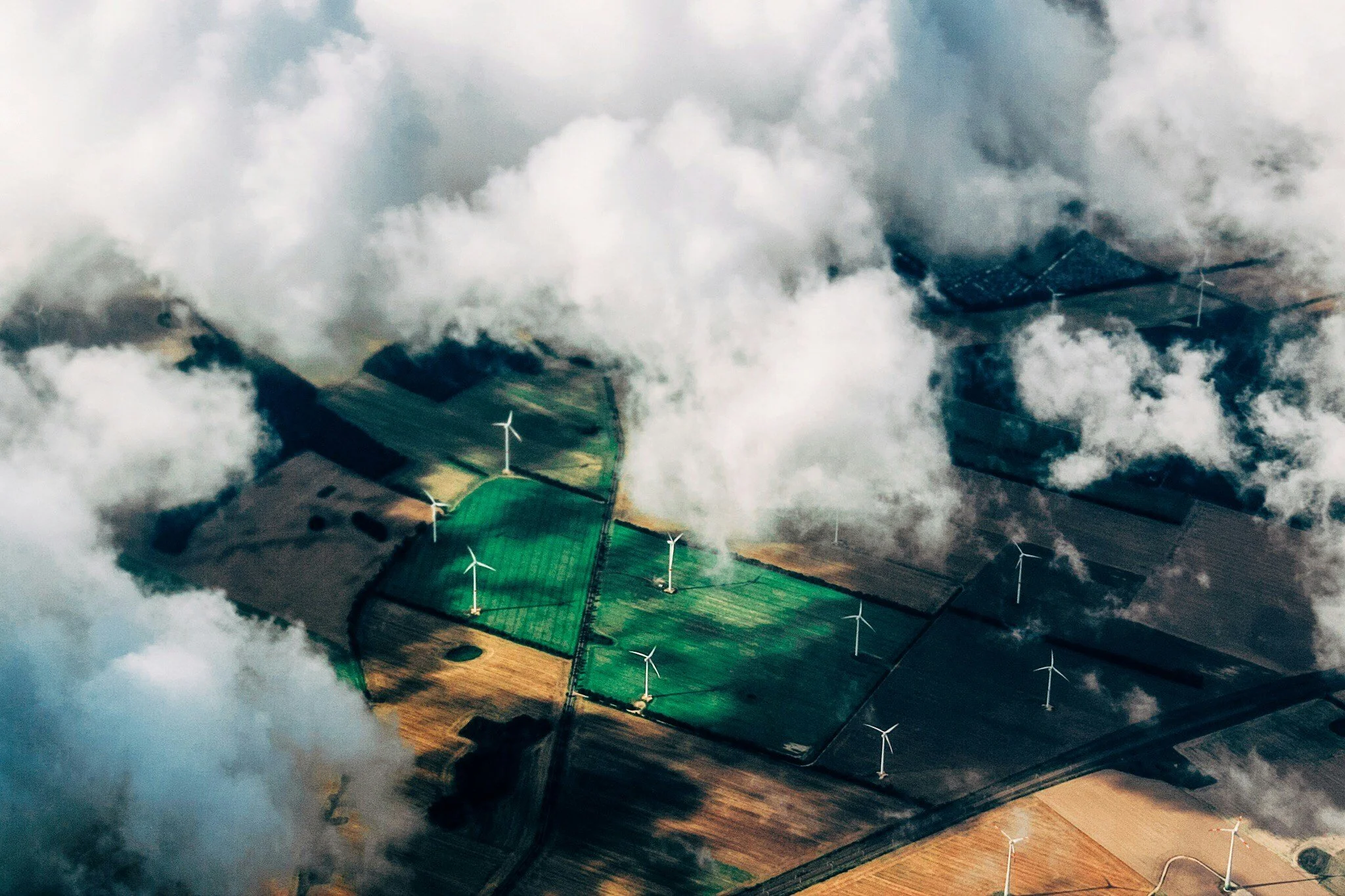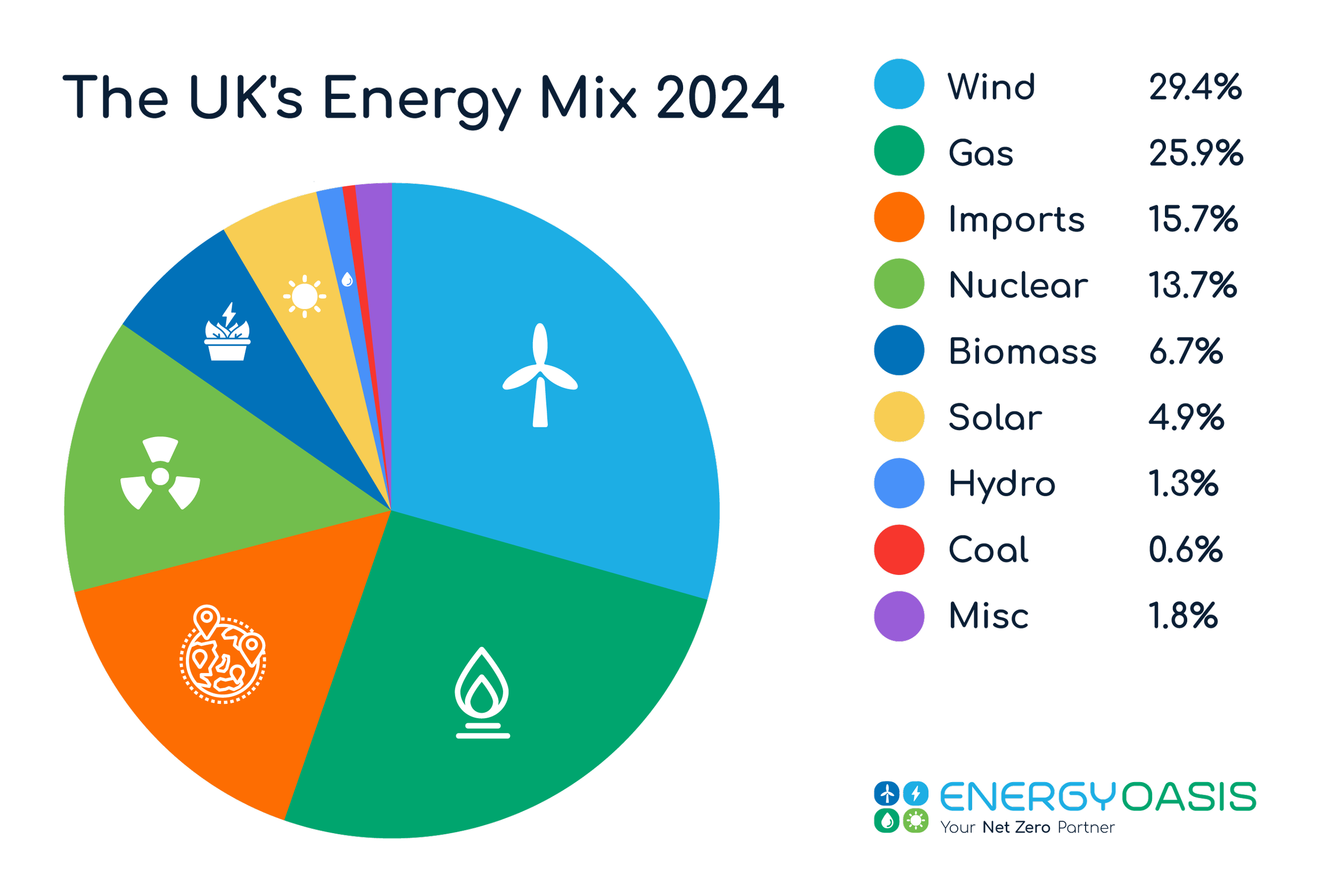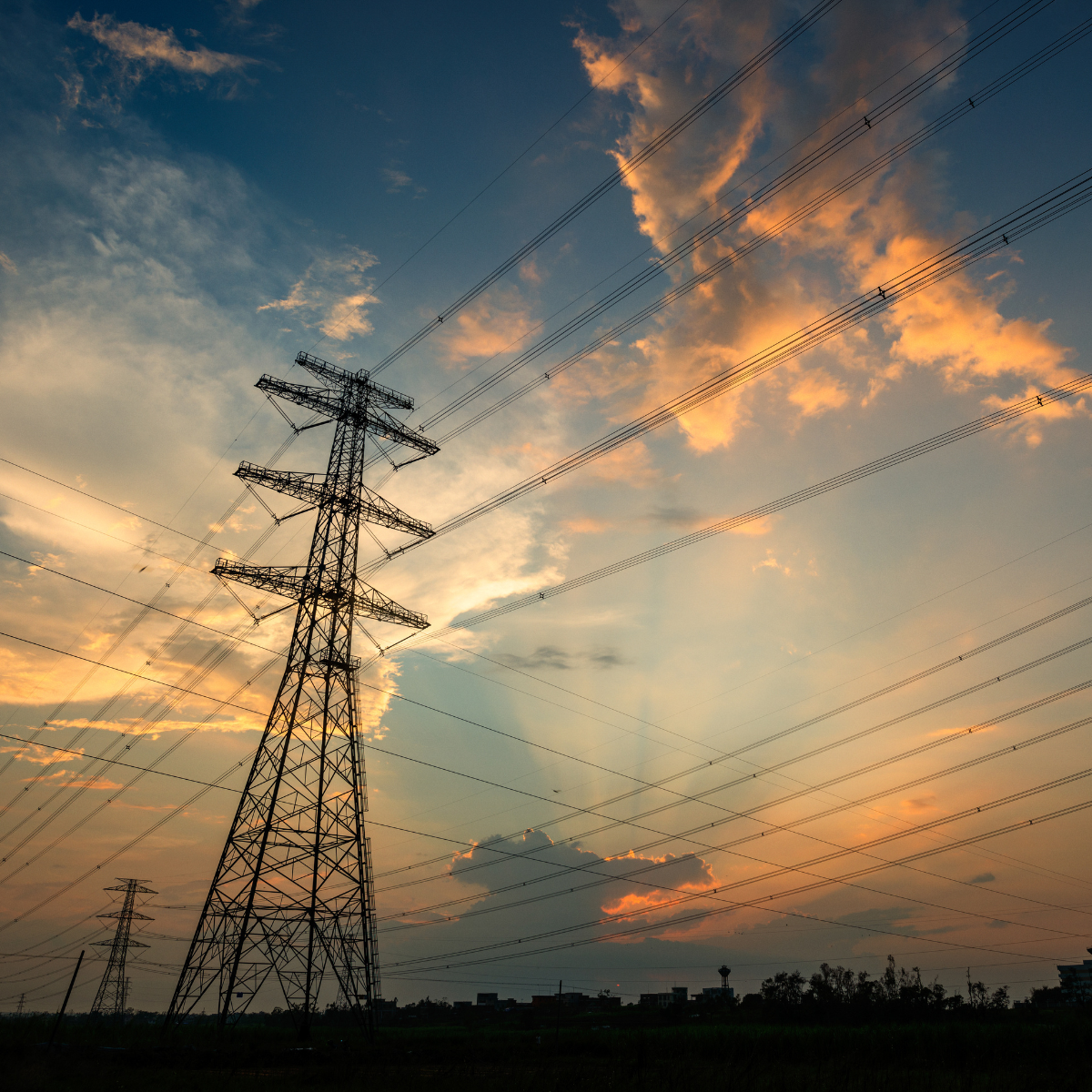Over 50% of UK Electricity Is Now Green: Is a 2030 Net Zero Mix Possible?
The UK has reached a significant milestone in its journey towards Net Zero. For the first time, over half of the nation’s electricity generation comes from renewable sources.
This landmark achievement raises an important question: could the ambitious goal of a net zero energy mix, set by pioneering regions like Yorkshire, cities like Bristol and companies such as Aviva, be realised by 2030?
This new era of energy production shows a clear shift away from fossil fuels. It also prompts a deeper look into the strategies and technologies needed to accelerate this green transition. As we celebrate this progress, we must also assess the practical steps required to turn a 2030 net-zero ambition into a reality for the entire UK.
A Landmark Year: How this Year’s Energy Statistics Stack Up
We’ve seen a landmark year so far for renewable energy, with solar records continuing to be broken, and now with the latest government statistics revealing a remarkable transformation in the UK’s energy landscape. Renewable sources were responsible for 50.4% of total electricity generation, a notable increase from 46.4% in 2023. This progress highlights the growing momentum behind the country’s decarbonisation efforts.
It should be noted that a significant driver of this growth was a 17% increase in bioenergy’s contribution, which helped push the total renewable figure over the halfway mark. Meanwhile, wind power remained the dominant force, accounting for 58% of all renewable electricity generated in 2024. This performance underscores wind’s critical role in the UK’s green energy strategy and the UK’s energy mix as a whole.
In contrast, the reliance on fossil fuels has fallen to a record low. Their share of electricity generation dropped to just 31.8%, down from 36.7% in 2023. This historic decline shows a decisive move away from traditional energy sources and towards a cleaner, more sustainable power system.
Could the UK Achieve Net Zero by 2030?
While the government has set a goal for the UK to reach net zero by 2050, many have come to recognise this as being too late, pushing for that target to be hit as soon as 2030. The prospect of the entire UK achieving a net-zero energy mix by 2030 is a topic of intense debate. While the recent statistics are encouraging, reaching this goal in such a short timeframe presents considerable challenges.
-
Advocates of the 2030 target highlight the rapid acceleration of renewable energy adoption across the UK. The demand for clean energy is stronger than ever, driven by both businesses and consumers who increasingly prioritise sustainability. This widespread demand has given rise to significant investments and policy support, ensuring momentum continues to build.
Recent government action to lift the de facto ban on onshore wind projects in England marks a major step forward, opening new opportunities for businesses to benefit from local wind power. In addition, combining multiple renewable energy sources - a cogeneration approach - ensures reliable, round-the-clock access to green energy. This strategy helps businesses achieve energy security, strengthens grid resilience, and makes sustainable operations a more practical reality for the commercial and industrial sectors.
Moreover, the technology required to reach net zero by 2030 is already available. Advances in solar, wind, energy storage, and grid management have made large-scale renewable integration both technically feasible and economically viable. Falling costs for solar panels and wind turbines, coupled with smarter, more flexible grid systems, mean that the infrastructure for a net-zero energy mix is within reach. Projects in cities like Bristol, aiming for carbon neutrality by 2030, demonstrate how local innovation and commitment can act as catalysts for broader change.
-
However, critics argue that a nationwide 2030 target is unrealistic. The primary hurdles include the immense scale of infrastructure upgrades required and the challenge of ensuring grid stability with intermittent renewable sources. While electricity generation is decarbonising quickly, other sectors like transport, heating, and industry lag significantly behind. Fully decarbonising these areas by 2030 would require an unprecedented level of investment, policy intervention, and societal change that may not be feasible in the remaining years.
There are also growing concerns about the impact of large-scale renewable projects on local communities and the environment. The expansion of vast solar farms, for example, sometimes comes at the expense of prime agricultural land, threatening the UK’s agricultural productivity and heritage.
Additionally, large renewable projects face complex challenges around cost, supply chains and project delivery. Recent developments, such as the difficulties experienced by major offshore wind projects - including high costs and supply issues leading to delays or cancellations - show that even well-planned initiatives can encounter significant roadblocks. These issues highlight the need for a more balanced, locally driven approach that safeguards both our drive for net zero and the needs of UK businesses, communities and the environment.
How Could the UK Achieve This Goal? A Bottom Up Approach
While a nationwide 2030 target is ambitious, progress can be accelerated by empowering businesses, farms, and communities to generate and own their own renewable energy. Taking control of energy production - whether through solar panels on rooftops, wind turbines on farms, or locally managed systems - allows energy users to reap the benefits of cleaner, lower-cost power while reducing dependence on the centralised grid.
Microgrids are a good example as to how to do this. They can be privately wired into commercial buildings, industrial estates, or even entire communities. This localised approach makes energy distribution more efficient, reduces transmission losses, and puts control back into the hands of local energy users.
This approach brings decision-making and value closer to those who use the energy, keeping more economic and environmental benefits within local areas.
Conclusion: Taking the Next Step Towards a Greener Future
The UK has made incredible strides, with renewables now powering more than half of our electricity. While a nationwide net-zero energy mix by 2030 remains a formidable challenge, the goal is no longer a distant dream. The progress we’ve seen is a testament to the power of innovation and collective action.
If you are a business owner in Yorkshire looking to reduce your carbon footprint and take control of your energy costs, now is the time to act. Contact Energy Oasis today to explore how renewable energy solutions can transform your business.




